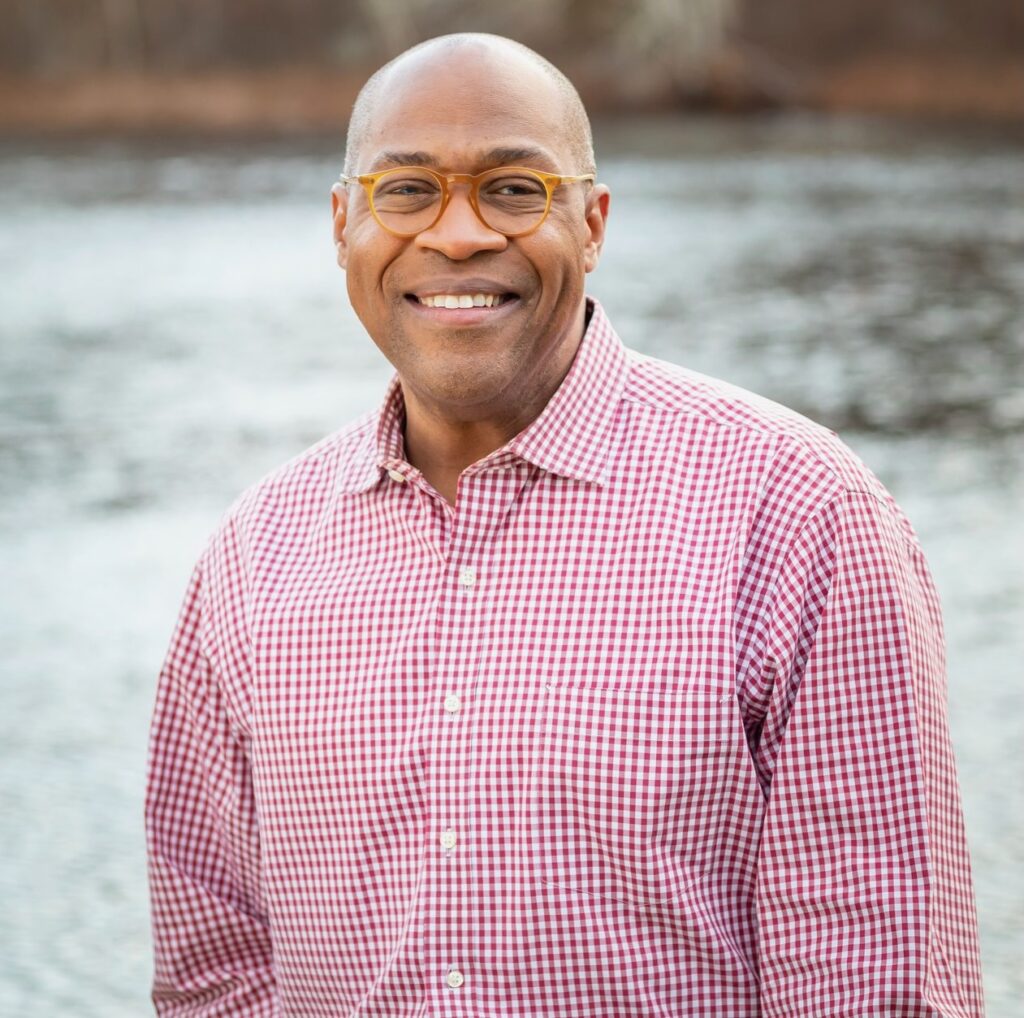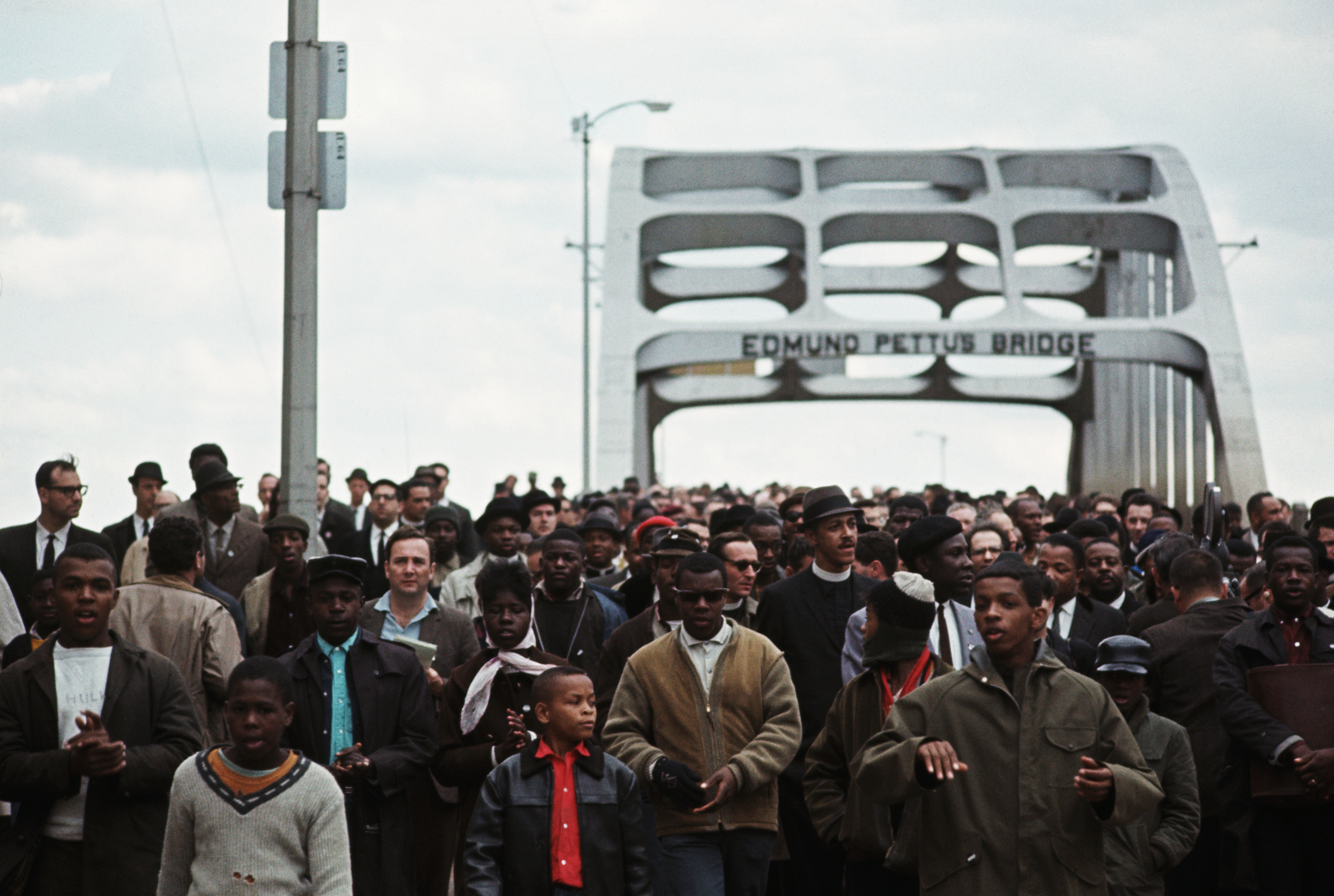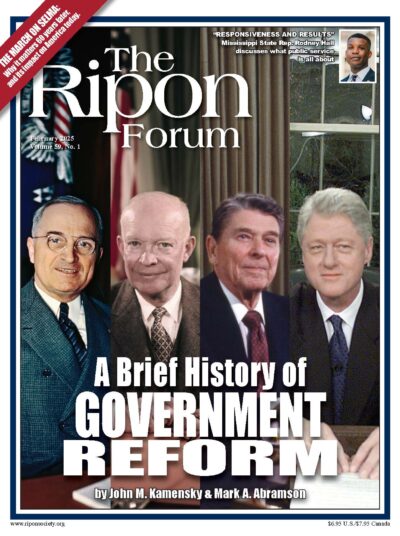
This year marks the 60th Anniversary of “Bloody Sunday,” a pivotal moment in American history that symbolizes the enduring struggle for civil rights. On March 7, 1965, thousands of men and women from diverse backgrounds came together in Selma, Alabama, to peacefully march across the Edmund Pettus Bridge, united by a shared vision of equality. Their courageous efforts championed the voting rights of African Americans, confronting fierce resistance with unwavering resolve.
The Faith & Politics Institute (FPI), established in 1991, plays a crucial role in preserving the lessons of this significant moment while advancing the ideals of a “more perfect union” today. We actively cultivate hope, justice, and community engagement, encouraging dialogues celebrating the legacy of those who marched for equality.
We honor this legacy through FPI initiatives rooted in the vision of the late Congressman John Lewis and Congressman Amo Houghton to connect lawmakers to the moral imperative of justice.
Over the years, Houghton and Lewis brought hundreds of members of Congress, as well as several U.S. presidents, on annual pilgrimages to Selma, where political leaders, activists, and citizens together cross the Edmund Pettus Bridge in remembrance of those who marched before them. By uniting Members of Congress from both parties, we seek to strengthen our democracy.
This year, FPI will once again bring together a bipartisan delegation and leaders to experience the pilgrimage to Alabama to pay homage to Bloody Sunday and to reflect on the deep sacrifices made. By visiting the Pettus Bridge in Selma, as well as historic civil rights sites in Montgomery and Birmingham, we continue the important work of honoring the past while charting a new path forward.
By visiting the Pettus Bridge in Selma, as well as historic civil rights sites in Montgomery and Birmingham, we continue the important work of honoring the past while charting a new path forward.

Our various programs, including Fellow’s initiatives that bring young leaders to Washington to study the profound impact of Congressman Lewis and reflection groups that foster meaningful connections among lawmakers, inspire new generations to uphold democratic values.
These FPI programs remind us of the shared sacrifices made for equality — not just for a chosen few, but for all Americans.
The journey hasn’t been easy, especially during the turbulent decade of the 1960s, marked by the Vietnam War escalation, President Kennedy’s assassination, and the Cold War. Yet, amidst this turmoil, the civil rights movement surged forward. In August 1963, the March on Washington drew over 250,000 people to the Lincoln Memorial, where Dr. Martin Luther King Jr. delivered his iconic “I Have a Dream” speech, paving the way for the Civil Rights Act of 1964, which dismantled segregation and discrimination. For Black Americans, however, progress was often incremental, with the right to vote still obstructed by systemic barriers and violent intimidation.
The impact of these demonstrations was profound, ultimately leading to the Voting Rights Act of 1965, which passed with 30 Republican senators voting for final passage, eliminating discriminatory practices and enhancing ballot access. Nevertheless, the struggle did not conclude there. The assassination of Dr. King in 1968 and ongoing challenges remind us that the fight for racial justice continues even today.
Eyes on the Future
As we honor the past, it is clear that the work initiated in places like Selma remains unfinished. As the late Congressman Lewis stated, “We all have roles to play.” The path toward justice and equality calls for us to engage with our history and persist in the fight today and into the future—not for a chosen few but for all Americans. We must courageously pursue this mission, honoring our past while forging a future where justice and equality prevail for all.
E pluribus unum — out of one, many. Join us as we write our next American chapter — together.
Robert Traynham serves as President and Chief Executive Officer of The Faith & Politics Institute.




